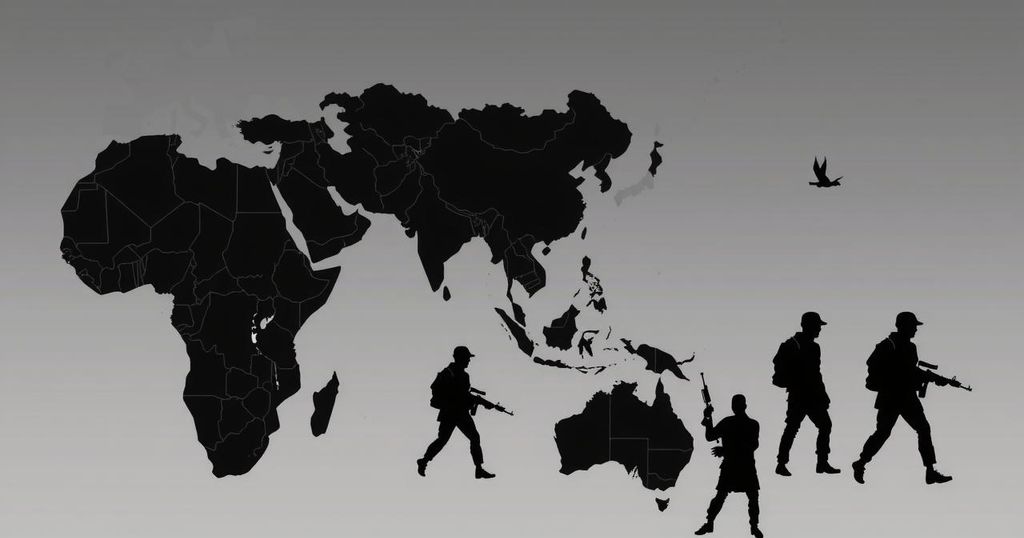President Luis Abinader of the Dominican Republic advocates for enhanced global support to stabilize Haiti, emphasizing its critical importance for regional security. He cites the humanitarian impacts of the crisis on Dominican resources and calls for more effective deployments of international support forces, highlighting recent initiatives and contributions from other nations.
Dominican Republic President Luis Abinader has called for intensified international efforts to stabilize Haiti, deeming it essential for the security of the Dominican Republic and the broader region. In his address to the United Nations General Assembly, Abinader stressed that the ongoing crisis in Haiti cannot be overlooked, as it imposes significant challenges on the Dominican Republic and its neighboring countries. He highlighted that in 2023, medical services provided to Haitian immigrants accounted for 9.9 percent of the Dominican health system’s total services. Furthermore, data indicates that between 2019 and March 2024, individuals of Haitian nationality represented a considerable portion of the patients treated in public hospitals. Abinader pointed out that approximately 200,000 foreign minors are enrolled in the Dominican public educational system, with an estimated 147,906 of those being of Haitian descent. This illustrates the Dominican Republic’s commitment to solidarity, although he emphasized, “we cannot do it alone.” President Abinader also noted recent progress in establishing a pathway to peace in Haiti, such as the formation of a Presidential Transitional Council and the initiation of the Multinational Security Support Mission (MSS). Notably, however, he remarked that only 400 of the required 1,000 MSS officers necessary for effective operations in Haiti have been deployed thus far. He lamented the lack of financial contributions to the trust fund designed to facilitate the complete deployment of the force and to achieve peacekeeping objectives and the organization of elections. “It is unacceptable,” he stated, “that at this point, countries that have had an impact on the Haitian situation or that have committed to solving it have not fully fulfilled their promises.” Moreover, President Abinader expressed his gratitude to Kenya for dispatching law enforcement personnel, as well as to the United States for its financial and logistical support. He also acknowledged the contributions of Jamaica, the Bahamas, and El Salvador, along with the efforts of Caricom aimed at fostering dialogue and consensus in Haiti.
The crisis in Haiti has escalated in recent years, exacerbating humanitarian challenges and destabilizing the region. The Dominican Republic, sharing a border with Haiti, has been significantly affected by the influx of Haitian migrants seeking refuge from violence and lack of resources. As the situation continues to worsen, the Dominican government has increasingly voiced the need for international assistance and cooperation to ensure stability in both countries, emphasizing the interconnectedness of security in the region.
In summary, President Luis Abinader of the Dominican Republic has underscored that the stabilization of Haiti is vital for regional security. His address at the United Nations General Assembly highlighted the Dominican Republic’s commitment to supporting Haitian nationals and emphasized the need for a unified international response to address Haiti’s ongoing crisis. Abinader’s appeal for greater involvement from world leaders reflects the urgency of the situation and the necessity for collective action to foster stability in the region.
Original Source: caribbean.loopnews.com






